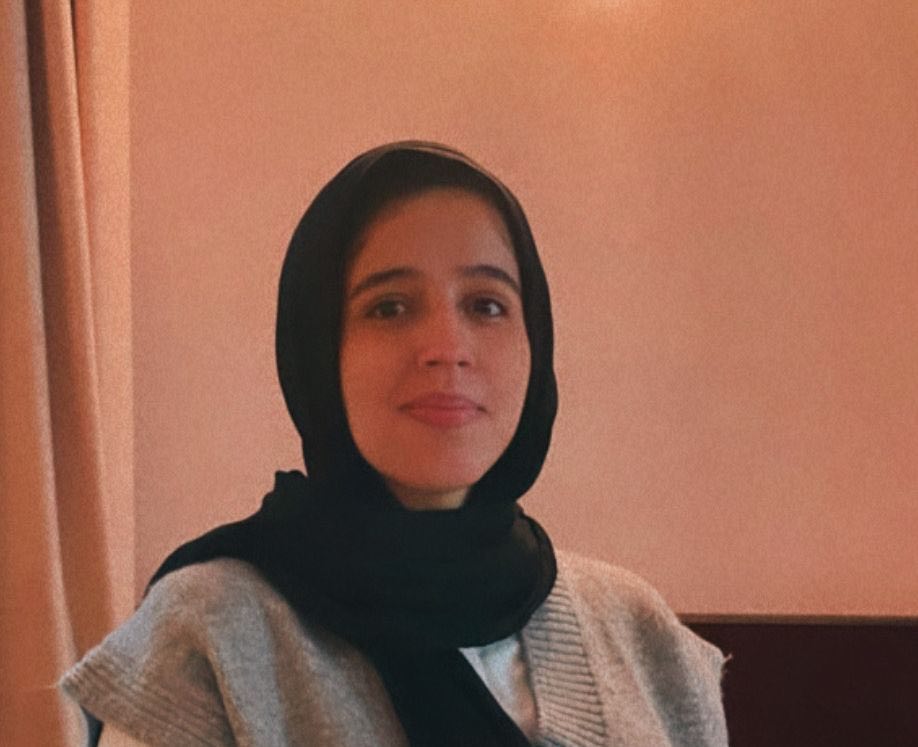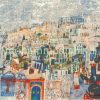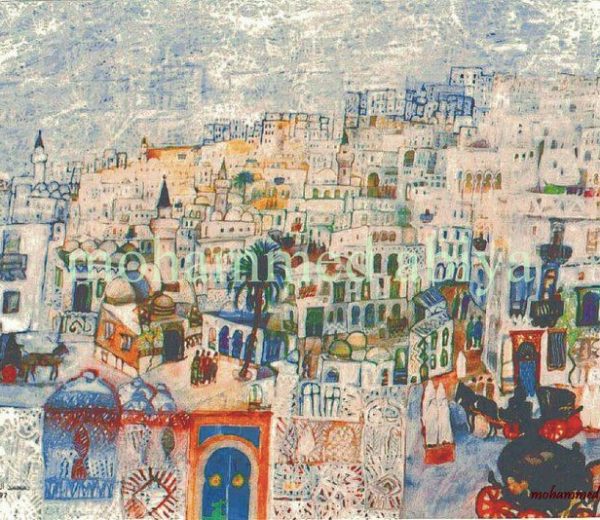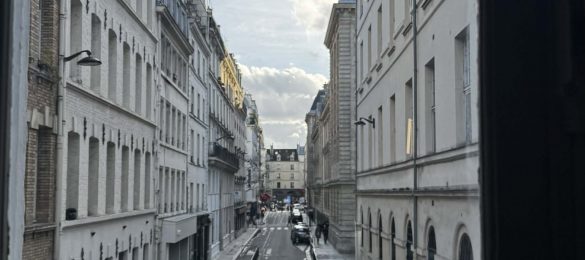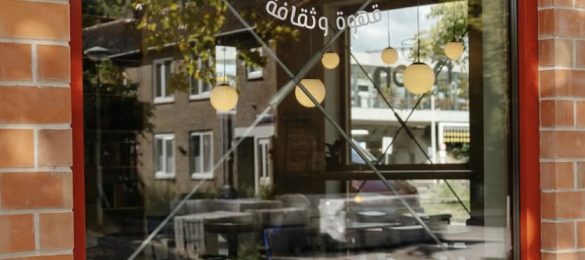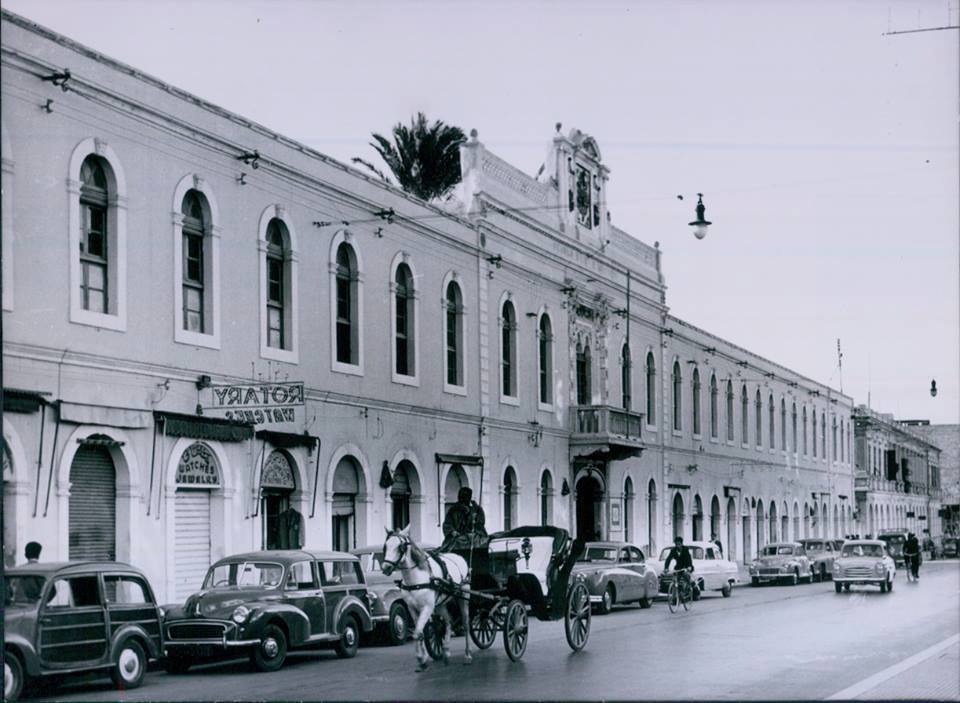
Libya had witnessed the changes and historical events that influenced many cities, including its capital Tripoli. Many institutions are now landmarks that shaped its development and people. During the end of the Ottoman Empire, the School of Islamic Arts and Crafts was established. It was established as part of a series of industrial institutions in Tripoli in 1898 by Namiq Basha, who was the Turkish Wali of the city. The school was initially founded as a charity to support arphoned children learning a craft. The school supported enrolled students from different aspects and enlisted discipline and organization. The construction process of the school took three years before it officially opened for students.
The School of Islamic Arts and Crafts welcomed its first group of students in 1901. The school boasted several artists skilled in crafts such as carpentry, metal engraving, embroidery, painting, and leather dyeing. Unfortunately, the school was forced to close in 1911 during Italian colonization. However, it resumed its activities in 1913. This school has several tasks, including teaching fundamental sciences and providing training in various crafts and professions. The training covers traditional industries requiring manual labor and modern crafts currently in demand in the labor market. Additionally, the school offers training in specialized crafts, such as maintaining musical instruments and watches.
Authenticity for over 100 years
The impressive school building spans an expansive area of 5000 square meters, boasting ample space for many facilities. The remaining land has been thoughtfully allocated as an endowment for the school project to benefit the school in the future. This could be through expanding existing facilities or developing investment projects to support its budget. Situated on one of the most prominent streets in Tripoli, the school is conveniently located just 300 meters from the historic Martyrs’ Square, providing students with easy access to the heart of the city.
The school has played an incredibly significant role in safeguarding Libya’s customs and cultural heritage. It remains a beacon of hope for those seeking to learn about the country’s rich cultural traditions. The school still offers a wide range of training programs that students can take advantage of to gain a comprehensive understanding of the culture and traditions of Libya. It is a place where students can immerse themselves in the country’s fascinating history and acquire knowledge that will stay with them for a lifetime.
